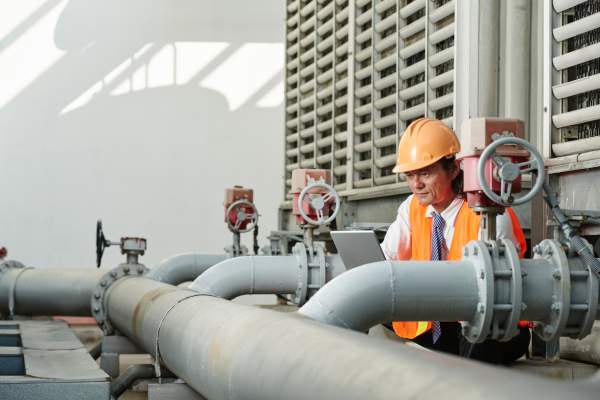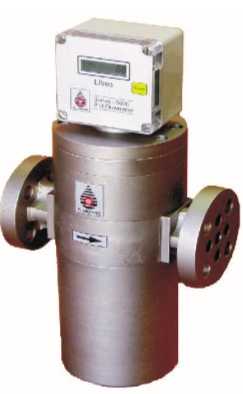Accurate Custody Transfer
Positive Displacement flowmeters have been the original workhorses for accurate custody transfer measurement since the late 1930s.
PD flowmeters have proven reliability due to direct non-inferential measurement of true volume flow. Inferential technologies like Coriolis, Turbine and Ultrasonic infer volume flow from the errors of primary variables and hence are inaccurate.
Fluidyne’s oscillating piston technology offers custody transfer measurement upto 1700 litres per minute and are the preferred choice for applications such as
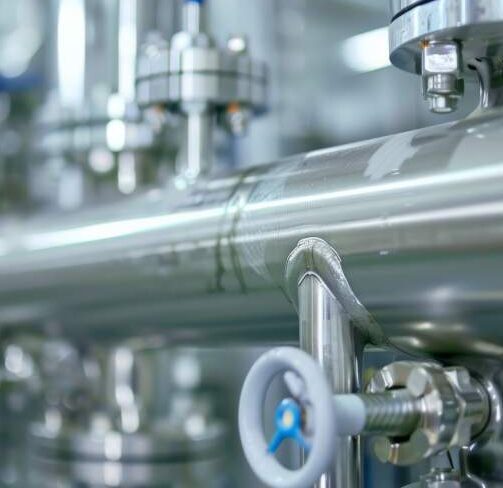
Core Information

With Fluidyne custody transfer measurement solution, your benefits are
Applications
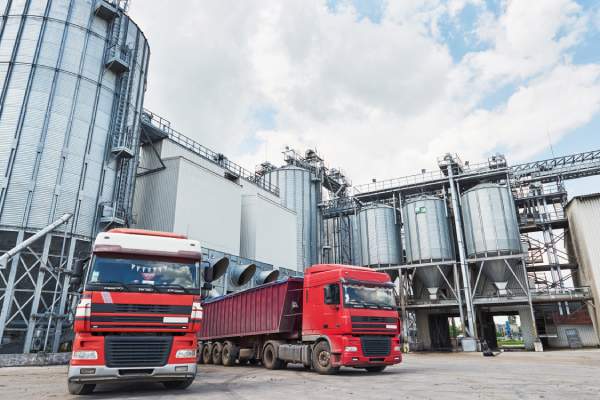
Tanker Decanting Units

Barge Unloading Systems
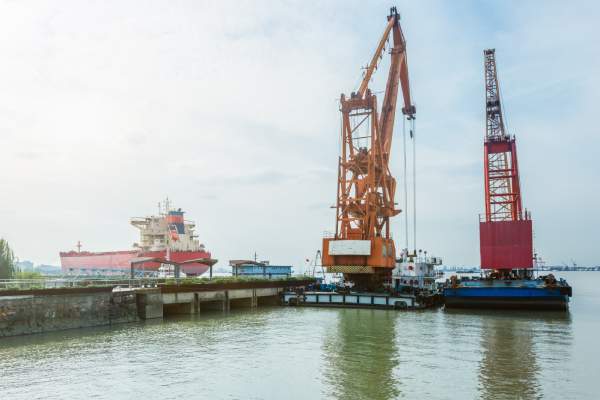
Bunkering Flowmeters
